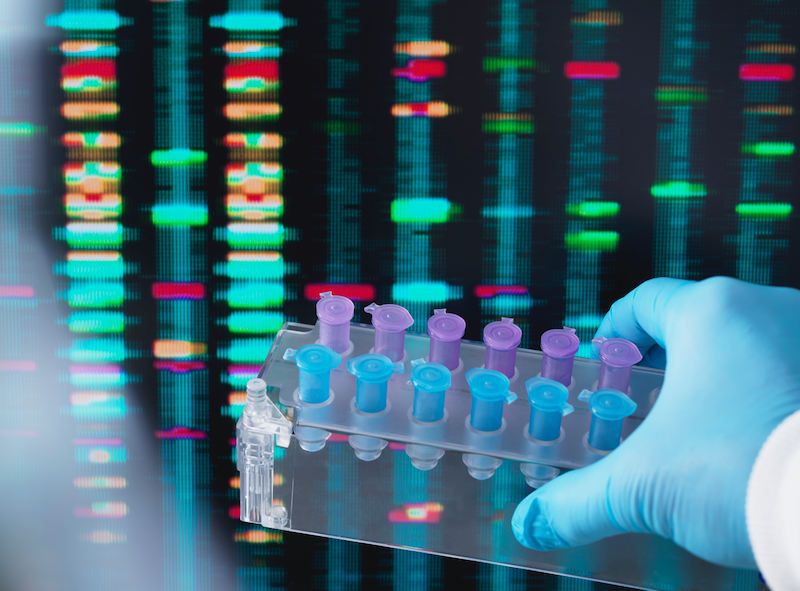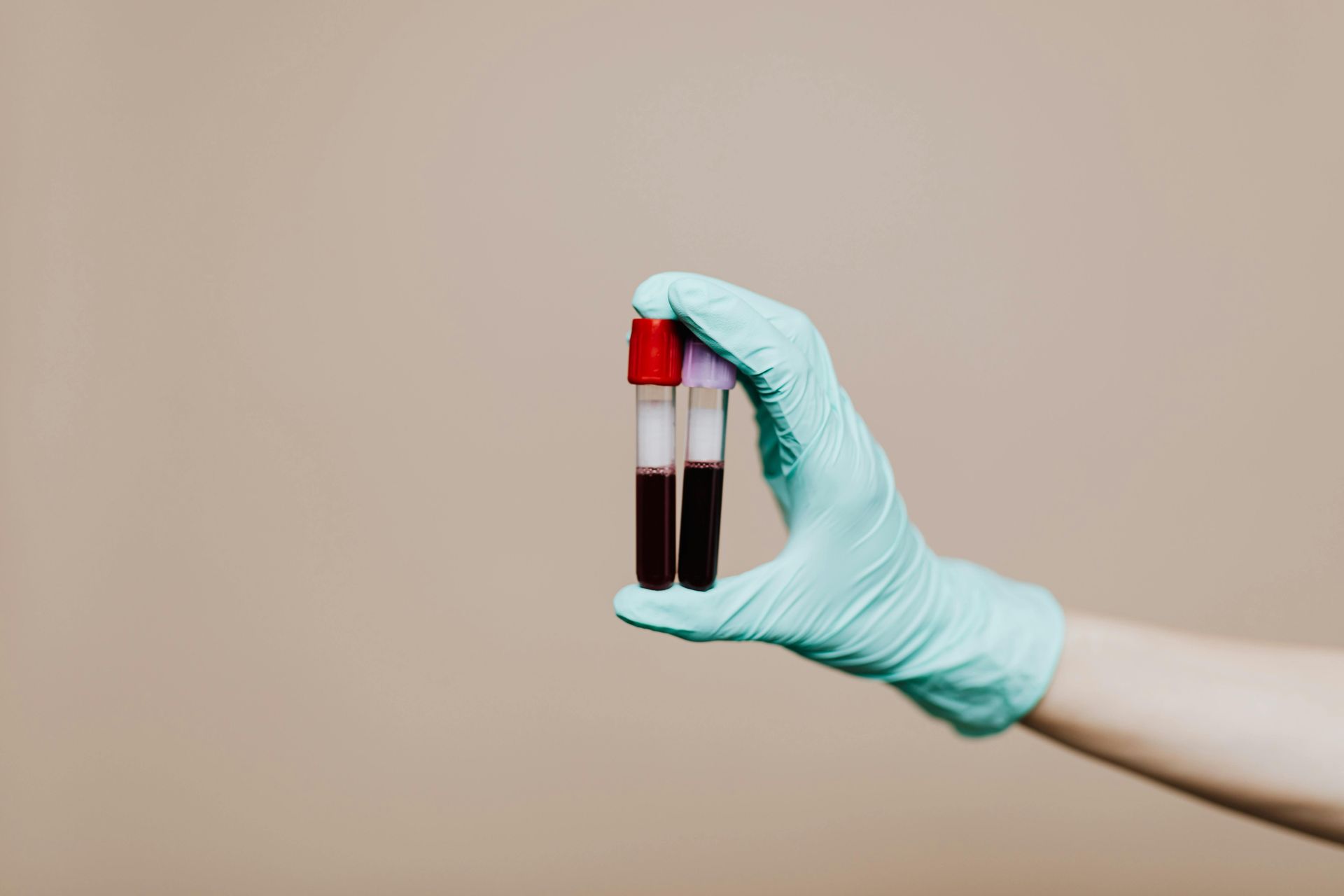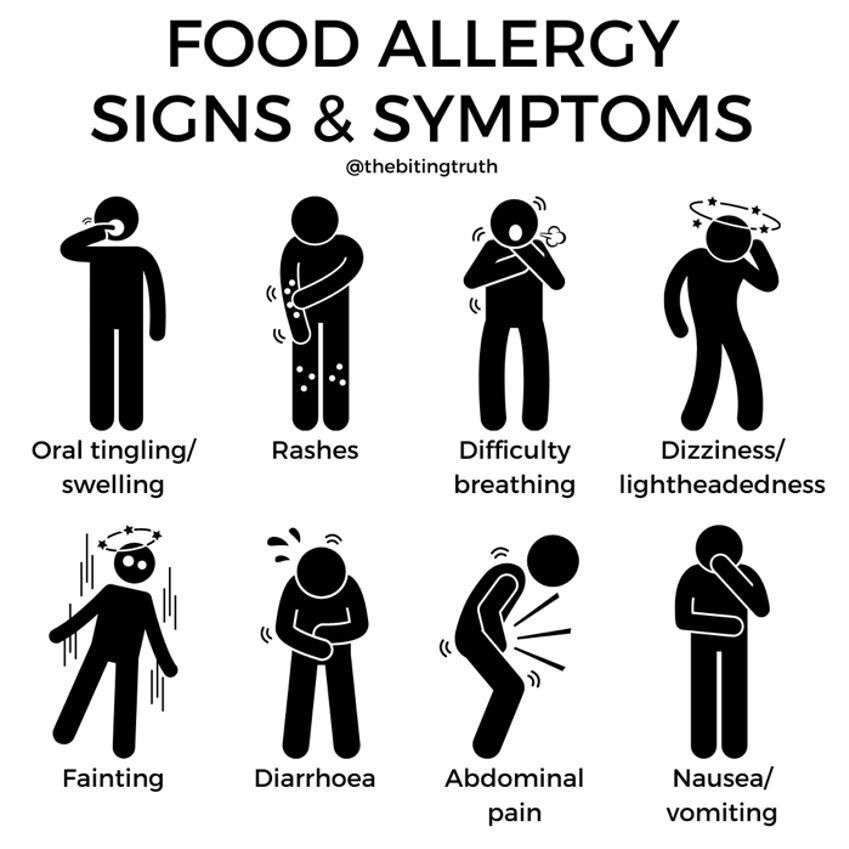Understanding Common Blood Tests
What Do Your Results Mean?

When you visit a medical lab for blood tests, you’re taking an important step in understanding your health. But once you receive the results, the numbers and medical jargon can feel overwhelming. What do all these terms and figures mean? Here, we’ll break down some of the most common blood tests performed at Medical Health Care Lab in Trinidad and Tobago, so you can better understand what your results indicate about your well-being.
1. Complete Blood Count (CBC)
A Complete Blood Count, or CBC, is one of the most commonly ordered blood tests. It provides a detailed overview of your overall health by measuring different components of your blood:
Red Blood Cells (RBCs): These cells carry oxygen from your lungs to the rest of your body. A low RBC count might indicate anemia, while a high count could suggest dehydration or other medical conditions.
White Blood Cells (WBCs): WBCs are crucial for fighting infections. An elevated WBC count often points to an infection, inflammation, or an immune system disorder.
Hemoglobin: This protein within RBCs is responsible for transporting oxygen. Abnormal hemoglobin levels can signal anemia, lung disease, or other conditions.
Platelets: These small cells help your blood clot. Low platelet levels can lead to excessive bleeding, while high levels may increase the risk of clotting disorders.
2. Lipid Panel
A lipid panel measures the levels of fats in your blood, which are critical indicators of your heart health:
Total Cholesterol: High cholesterol can lead to heart disease, but it’s important to consider this number alongside other lipid panel results.
Low-Density Lipoprotein (LDL): Often referred to as "bad" cholesterol, high LDL levels can lead to plaque buildup in arteries, increasing the risk of heart attack and stroke.
High-Density Lipoprotein (HDL): Known as "good" cholesterol, HDL helps remove LDL cholesterol from your bloodstream. Higher HDL levels are generally better for your heart health.
Triglycerides: These are a type of fat found in your blood. Elevated triglyceride levels can increase the risk of heart disease, especially when combined with low HDL or high LDL cholesterol.
3. Basic Metabolic Panel (BMP)
The Basic Metabolic Panel is a group of tests that measure different chemicals in your blood to assess your metabolism and organ function:
Glucose: This is your blood sugar level. Abnormal glucose levels could indicate diabetes or a risk of developing the condition.
Calcium: Calcium is crucial for your bones, muscles, and heart. Abnormal levels can suggest bone disease, kidney problems, or other issues.
Electrolytes (Sodium, Potassium, Chloride): These minerals help maintain fluid balance, nerve function, and muscle contractions. Imbalances can cause a variety of symptoms, including dehydration and heart problems.
Kidney Function (BUN and Creatinine): Blood Urea Nitrogen (BUN) and creatinine levels indicate how well your kidneys are filtering waste from your blood.
4. Thyroid Function Tests
These tests measure how well your thyroid gland is producing hormones that regulate your metabolism:
Thyroid-Stimulating Hormone (TSH): High TSH levels can indicate an underactive thyroid (hypothyroidism), while low levels may suggest an overactive thyroid (hyperthyroidism).
Free T4 and Free T3: These are the actual thyroid hormones in your blood. Abnormal levels can confirm the presence of thyroid disorders.
5. Liver Function Tests
Liver function tests help assess the health of your liver by measuring proteins, enzymes, and bilirubin in your blood:
Alanine Aminotransferase (ALT) and Aspartate Aminotransferase (AST): High levels of these enzymes can indicate liver damage or inflammation.
Alkaline Phosphatase (ALP): Elevated ALP levels can suggest liver disease, bile duct obstruction, or bone disorders.
Bilirubin: High bilirubin levels can lead to jaundice and might indicate liver dysfunction or bile duct problems.
Understanding Your Results
Interpreting blood test results can be complex, and it’s important to remember that one abnormal result doesn’t necessarily mean something is wrong. Your healthcare provider will consider your overall health, medical history, and symptoms before making any conclusions.
If you have any concerns about your blood test results, don’t hesitate to discuss them with your doctor or contact us at Medical Health Care Lab. We’re here to help you understand your health better and guide you towards the next steps if further action is needed.
Final Thoughts
Regular blood tests are a key part of maintaining your health, allowing for early detection and management of potential health issues. By understanding what your blood test results mean, you can take an active role in your health care and make informed decisions about your well-being.
At Medical Health Care Lab, we’re committed to providing accurate and timely diagnostic services to support your health journey. Whether you’re coming in for routine tests or more specialized diagnostics, our team is here to help you every step of the way.
Did you find our post useful? Follow us on Facebook and Instagram for more handy tips on medical testing and health conditions.
Our recent posts











